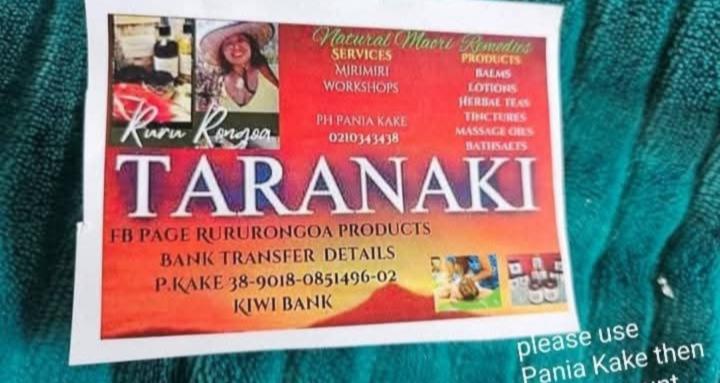Aug '25 • General discussion
Karakia
A karakia to start the day can vary, but a common one is "Korihi te manu. Takiri mai i te ata. Ka ao ka ao, ka awatea. Tihei Mauri Ora!" This translates to "The bird sings. The morning has dawned. The day has broken. Behold – there is life!". Another option is "Kia hora te marino. Kia whakapapa pounamu te moana. Hei huarahi mā tātou i te rangi nei. Aroha atu Aroha mai. Tātou i ā tātou katoa. Hui ē! Tāiki ē!" which means "May peace be widespread. May the seas be like greenstone. A pathway for us all this day. Let us show respect for each other. For one another, Bind us all together!".
These karakia are used to welcome the new day, acknowledge the natural world, and set positive intentions for the day ahead.
They are a way to connect with the spiritual and natural elements of the day and to foster a sense of peace and respect.
Here's a breakdown of the elements of the first karakia:
- Korihi te manu: "The bird sings" - Acknowledges the natural world and the start of a new day.
- Takiri mai i te ata: "The morning has dawned" - Marks the beginning of the day.
- Ka ao ka ao, ka awatea: "The day has broken" - Emphasizes the transition into daylight.
- Tihei Mauri Ora: "Behold – there is life!" - A powerful affirmation of life and new beginnings.
Other Karakia:
- Karakia Timatanga (Opening Karakia):
- Karakia Whakatuwhera:
- Whakataka te Hau:
1
0 comments
powered by

skool.com/rongoa-remedies-1224
A place to talk about Rongoa all natural healing products no chemicals added and how it can help heal health issues in the body.
Suggested communities
Powered by
